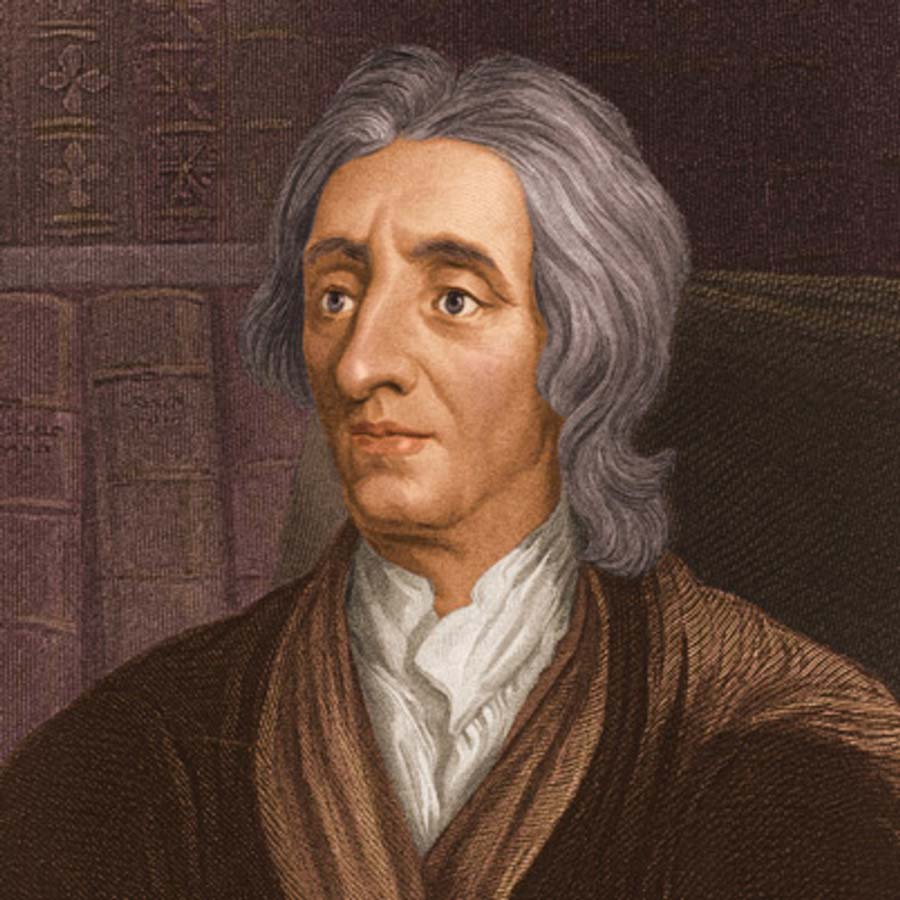The views expressed in our content reflect individual perspectives and do not represent the official views of the Baha'i Faith.
When was the last time you felt overcome with race-biased disgust or anger toward a fellow human being?
These kinds of prejudiced notions overcame me recently when a young man suddenly appeared in the path of my moving vehicle. By the grace of God, I didn’t hit him. But instead of an apology or any recognition of the serious harm he had barely avoided, he continued to clown around in the road with his friends.
Watching him and considering what might have happened, I felt myself overwhelmed with a less than wholesome sense of his being. I instinctively associated his thoughtlessness with his color. However, recognizing the inappropriate nature of my disgust, I pulled over to pray, try to kindle a more useful perspective, and regain my peace of mind.
Inspiration prevailed in the realization that the young man had given me a gift. Assessing the incident in the light of reason, I realized that he had provided an uptight middle-aged man a wonderful example of youthful exuberance. The beast was quelled, and I could resume my day feeling grateful for the blessing of our encounter.
Humans have three brain centers and I had just let the beast brains—the reptilian (the basil ganglia) and the mammalian (the limbic system) centers—unseat my rational, thinking, creative neocortex.
Havoc happens when a person is not in their right mind. Indeed, the ability to think is one of the hallmarks of human excellence. Baha’i teachings celebrate the benefits of cultivating the intellect:
Consider carefully: all these highly varied phenomena, …these sciences, arts, industries and inventions are all emanations of the human mind. – Abdu’l-Baha, The Secret of Divine Civilization, p. 2.
However, acting in accord with our higher mind’s noble intentions is not easy. Stress triggers the older reptilian instincts of fight or flight. This in turn activates emotions in the mammalian brain, that trigger behaviors based on feelings—which may be utterly irrational. These instinctive responses—powerful, primordial and obstructive—may prevent careful consideration by the neocortex of the facts and relevant best practices to address the situation at hand.
Threatening situations and emotional circumstances blind because they compromise our ability to think rationally. We revert to instincts, moods and prejudices. The capacity to pause, ponder and select a response to a given stimuli is the indispensable emblem of maturity. Maturity only occurs with time and experience. Without maturity, it is very difficult to consider slavery and overcome racism.
For centuries, humanity was blind to the evils of slavery—but by the middle of the 19th century, the lights were on and people began to see the institution for what it was—repugnant and indefensible. This led to the emergence of an inexorable anti-slavery movement:
Such a dramatic development … required a sea change in cultural values and moral perception. The slave had to be seen as a fellow human being no longer subject to animalization, and his or her enslavement had to be regarded as an evil and a sin. – Steven Hahn, The Emancipationist Century, The New Republic, May 9, 2014.
What factors drove this stupendous transformation? Many historians and scholars point to the continuing development of the human brain, especially the emergence of a larger capacity to discern right from wrong in the natural laws that govern existence. Appropriately, we call the era associated with humankind discovering these illuminating powers of the neocortex “the Age of Enlightenment” (1685-1815).
This era witnessed a revolutionary increase in the human capacity to reason. One of the preeminent enlightenment philosophers, Immanuel Kant, summed up his era well when he said: “Enlightenment is man’s emergence from his self-incurred immaturity.” The Age of Enlightenment may be associated with humankind’s passage from its collective childhood and adolescence to the threshold of its collective maturity:
When I was a child, I spake as a child, I understood as a child, I thought as a child: but when I became a man, I put away childish things. – 1 Corinthians 13:11
Enlightenment thinkers pushed the boundaries of knowledge through innovations in mathematics, (calculus); science (scientific method), philosophy (categorical imperative) and government (natural rights). In respect to the question of slavery, advances in our capacity to think through right and wrong put an ancient practice in a new light.
According to John Locke, the most influential political philosopher of the period, slavery was inconsistent with Natural Law. Locke believed that reason equips man with the capacity to discover the verities of the natural world and man’s place in it. These Natural Laws, he said, are universally binding and generally applicable. Locke’s understanding of nature lead to his assertion that each man has a natural right to life, liberty and the pursuit of happiness.
Consider this excerpt from Locke’s Second Treatise of Government where he asserts that since we were all God’s creation no one had the right to infringe on another’s life, liberty or possessions:

John Locke
The state of nature has a law of nature to govern it … which … teaches all mankind, who will but consult it, that being all equal and independent, no one ought to harm another in his life, health, liberty, or possessions: for men being all the workmanship of one omnipotent, and infinitely wise maker; all the servants of one sovereign master, sent into the world by his order, and about his business; they are his property, whose workmanship they are, made to last during his, not one another’s pleasure. – John Locke, The Second Treatise on Government, 1690.
Locke’s assertions provide the ideological underpinnings for the American attempt to bring an ideal – “government of the people, by the people, for the people” into existence. By 1863, the Republic of the United States of America represents humanity resplendent on the threshold of its collective maturity—except for the glaring allowance for the continued existence in its midst of the odious institution of slavery, an institution diametrically opposed to the source and code of the nation’s DNA.
This dichotomy between the ideal of liberty for all and the ignominy of slavery for blacks infected its warp and woof, precipitating an inevitable day of reckoning with the Almighty and the immutable implications of His edict in the Baha’i teachings:
O Children of Men! Know ye not why We created you all from the same dust? That no one should exalt himself over the other. – Baha’u’llah, The Hidden Words, p. 20.
By the middle of the 19th century reasonable men everywhere had determined slavery was untenable. However, the institution endured, tacitly endorsed in the Bible and Koran with passages like:
Slaves, obey your earthly masters with respect and fear, and with sincerity of heart, just as you would obey Christ. – Ephesians 6:4-5
By the middle of the 19th century the conflict between mounting, well-reasoned revulsion for slavery and the institution’s entrenched interests, who relied on permissive interpretations of Divine guidance, underscored the need for a new Revelation.
In the next chapter we’ll explore the impact of the Revelation of Baha’u’llah on slavery and humankind’s budding consciousness of its inherent oneness.

















Comments
Sign in or create an account
Continue with Facebookor